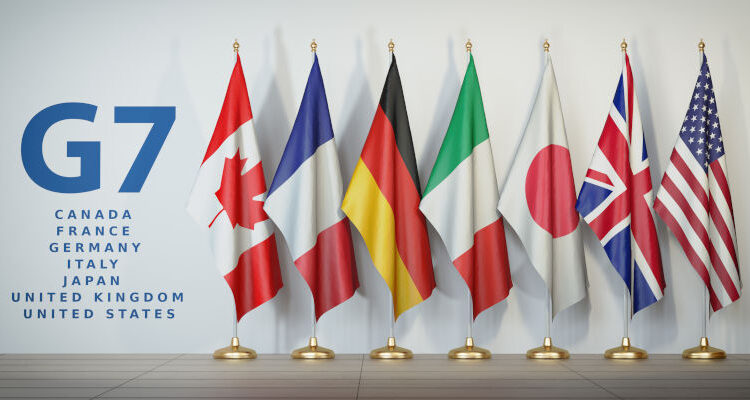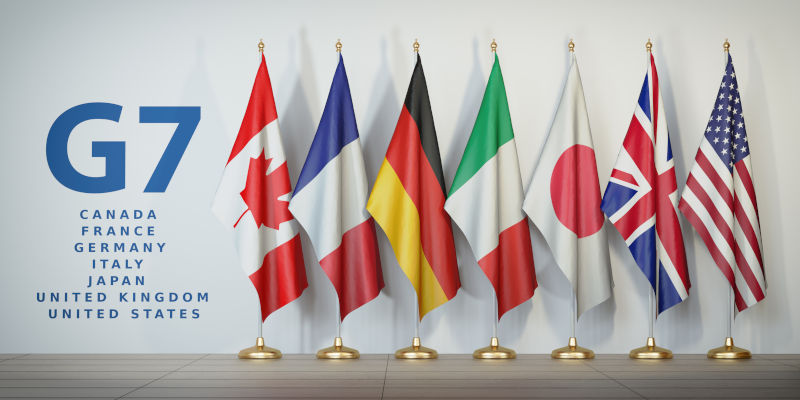

Just months before the return of Hong Kong to China in 1997, an old Hongkonger was interviewed. He was squatting next to a bundle of goods that he was hawking in the street. When asked about how he felt about the Chinese taking control again, he paused, drew on his cigarette and said, ‘maybe they will give me a pension.’ A picture, they say, is worth a thousand words.
He would have got his pension. Hundreds of millions of Chinese were being lifted out of poverty and working-class Hong Kong people also got a break. Today, living standards for ordinary Chinese men and women continue to grow. Their economy seems to serve the people. China was seen as somehow different and remains different from other economies in the world. The USA and its allies don’t always like difference. The differences have become intense and have become the basis for hostility that grows as the drums of war beat ever louder.
Today the intensity of anti-China propaganda continues but no longer shocks. The preparations for war have necessarily included an endless barrage of half-truths, lies and distortions, all aimed at convincing the people that China is a threat. Wars cannot be imagined, much less conducted without an acceptance on the part of the people that war is inevitable, winnable and necessary. War is presented as being ‘for’ something. In the case of China, the struggle is becoming linked to the defence of democracy, or more appropriately the right of the USA and its allies to behave as they wish.
The most recent G-7 meeting in Hiroshima addressed itself to questions of economic coercion. There is a stench of hypocrisy here as the leading ‘democracies’ and significant economic powers seek to speak with one voice. Coercion, control, carrot and stick ‘diplomacy’ and threats, overt and covert, have been the stock-in-trade of the United States since its rise to hegemon status after WWII.
In similar vein, the G7 made reference to ‘denying’ China’s military access. Presumably it is legitimate for the war machines of the USA and its allies, including NATO, to fly and sail ever closer to the Chinese coast, but China cannot strike what ultimately must be seen as a defensive posture.
The QUAD meeting, also in Hiroshima was equally ‘subtle’ in its threatening language. ‘We strongly oppose destabilising or unilateral actions that seek to change the status quo by force or coercion.’ No, the QUAD was not condemning its own bellicose actions, or the massive arms build-up. The status quo for these nations is to ‘contain’ China.
The symbolism of staging such displays of a united force projection against China in Hiroshima was macabre. The nuclear threat began in the USA and it has been the power of arms and the force of the dollar that has kept the world in check.
So, if war is on the horizon and if war is ‘for’ something, then why must China be the designated enemy. Is it because China’s economic power is set to eclipse the USA? Is it because the USA fears that China is an ideological enemy and just might be developing a socialist economy that also rivals the best that capitalism can offer?
Economic factors are often quite telling and can be seen in how a society is providing for its people. Western ‘experts’ regularly declare that China’s economy is said to be faltering. It is set to grow by just 5 per cent this year. If only we had such a bleak economic forecast! Chinese inflation sits at less than 2 per cent. Real wage growth is in decline in the West. We all know that with inflation and slow wages growth, we are experiencing real wage cuts. Last year Chinese workers wages grew at a rate of 3.8 per cent above inflation.
The G7 states present in Hiroshima and the additional QUAD countries all average an inflation rate of about 7 per cent. Poverty rates average at about 16 per cent. China has just been lauded for continuing the downward trend of poverty elimination and more than 800 million have rapidly been brought out of poverty, just as the West is sinking below poverty lines.
Life expectancy in the USA is declining. Chinese people now live longer than their American counterparts.
Clearly China must be stopped. It is not in the national interest to learn that life is improving in one country and deteriorating in so many others. We hear of China’s excessive arms build-up. Yes, it is spending close to $300 billion on its defence capacity this year. It is also true that the US is spending $877 billion which is the equivalent of the full expenditure of the next nine countries, including China. There might be a correlation between grotesque arms spending by the ‘democratic’ states and a fall in living standards.
However, we must remain free and follow the rules-based order. We must never bend the knee to governments that trample upon human rights. Three thousand children die each year in the USA from gun violence. One in five Australians face food insecurity. It is a figure matched by all rich democratic countries. French men and women have been tear gassed on the streets for protesting about pensions. UK citizens are losing the right to dissent, just as similar laws pass in Australian state parliaments. Our economies are in tatters. Our faith in the democratic process is shaken. Political legitimacy is challenged. All is in decline except the growth of military budgets. This profligate and obscene squandering of the peoples’ money goes on to save the world from a Chinese threat. The threat has yet to be proven and yet the Chinese are encircled by US bases, military establishments and the most sophisticated means of destruction the world has ever seen.
The leaders of the G7, the QUAD, AUKUS and all the forces propagandising for war are doing their best to contain and condemn China. China is different. The old man in Hong Kong, all those years ago lived to get his pension. The Chinese can still realistically expect that living standards will continue to grow. Its burgeoning economy supports the people who make it burgeon.
Can we, in the West be so optimistic?






